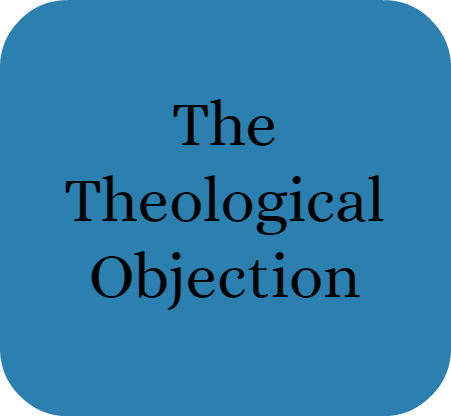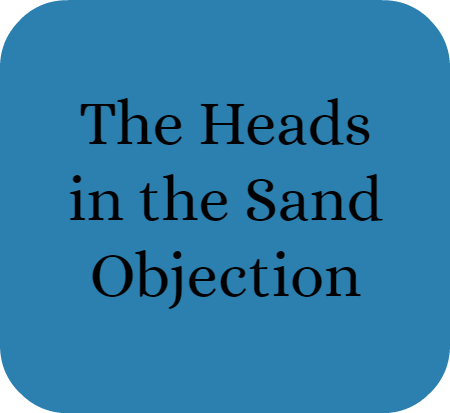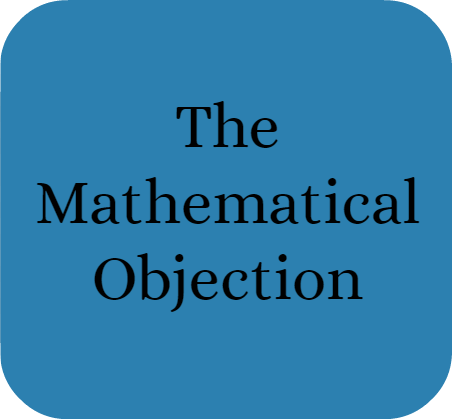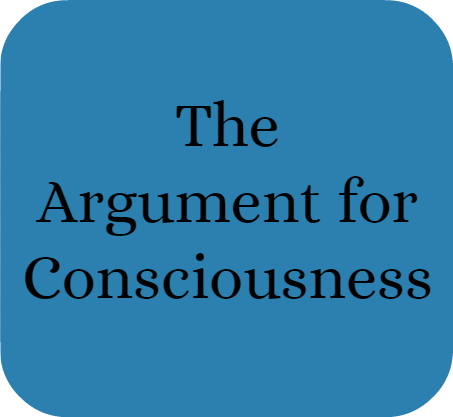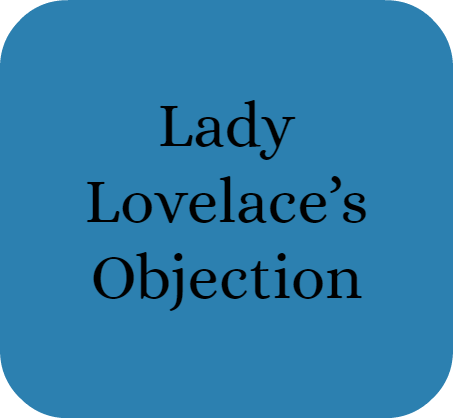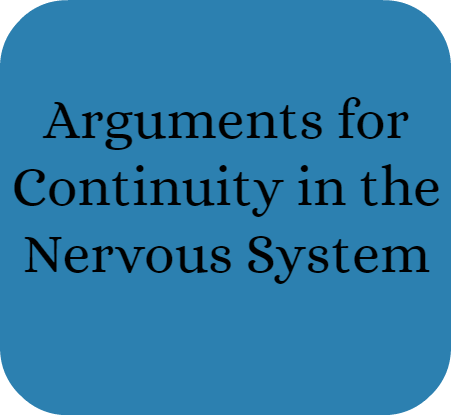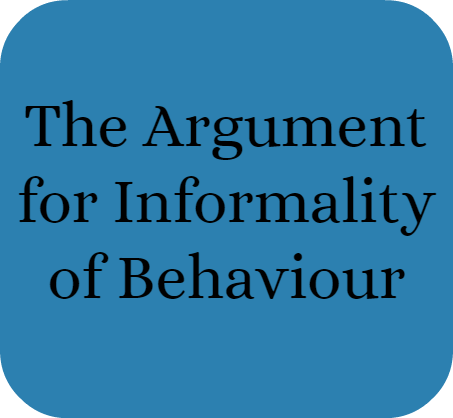Objections, 1950
Also in Computing Machinery and Intelligence, Turing detailed and refuted several common objections made against intelligent machinery.
|
The Argument:
|
Turing's Response:
|
|
“Thinking is a function of man’s immortal soul. God has given an immortal soul to every man and woman, but not to any other animal or to machines. Hence no animal or machine can think.” [15]
|
“In attempting to construct such machines we should not be irreverently usurping His power of creating souls, any more than we are in the procreation of children: rather we are, in either case, instruments of His will providing mansions for the souls that He creates.” [15]
|
|
“The consequences of machines thinking would be too dreadful. Let us hope and believe that they cannot do so.” [15]
|
“We like to believe that Man is in some subtle way superior to the rest of creation. It is best if he can be shown to be necessarily superior, for then there is no danger of him losing his commanding position [...] I do not think that this argument is sufficiently substantial to require refutation.” [15]
|
|
“There are a number of results of mathematical logic which can be used to show that there are limitations to the powers of discrete-state machines. The best known of these results is known as Godel's theorem.” [15]
|
“We too often give wrong answers to questions ourselves to be justified in being very pleased at such evidence of fallibility on the part of the machines.” [15]
|
|
“No mechanism could feel pleasure at its successes, grief when its valves fuse, be warmed by flattery, be made miserable by its mistakes, be charmed by sex, be angry or depressed when it cannot get what it wants.” [16]
|
“According to the most extreme form of this view the only way by which one could be sure that machine thinks is to be the machine and to feel oneself thinking. Likewise according to this view the only way to know that a man thinks is to be that particular man. It is in fact the solipsist point of view.” [15]
|
|
“You will never be able to make [a machine] to [...] be kind, resourceful, beautiful, friendly, have initiative, have a sense of humour, tell right from wrong, make mistakes, fall in love, enjoy strawberries and cream, make some one fall in love with it, learn from experience, use words properly, be the subject of its own thought, have as much diversity of behaviour as a man, do something really new.” [15]
|
“We do not wish to penalise the machine for its inability to shine in beauty competitions, nor to penalise a man for losing in a race against an aeroplane. the conditions of our game make these disabilities irrelevant.” [15]
|
|
“The Analytical Engine has no pretensions to originate anything. It can do whatever we know how to order it to perform [...] it has no power of anticipating any analytical relations or truths.” [1]
|
“Who can be certain that original work that he has done was not simply the growth of the seed planted in him by teaching?” [15]
|
|
“The nervous system is certainly not a discrete-state machine. A small error in the information about the size of a nervous impulse impinging on a neuron, may make a large difference to the size of the outgoing impulse. It may be argued that, this being so, one cannot expect to be able to mimic the behaviour of the nervous system with a discrete-state system.” [15]
|
“It is true that a discrete-state machine must be different from a continuous machine. But if we adhere to the conditions of the imitation game, the interrogator will not be able to take any advantage of this difference.” [15]
|
|
“It is not possible to produce a set of rules purporting to describe what a man should do in every conceivable set of circumstances [...] if each man had a definite set of rules of conduct by which he regulated his life he would be no better than a machine. But there are no such rules, so men cannot be machines.” [15]
|
“We cannot so easily convince ourselves of the absence of complete laws of behaviour as of complete rules of conduct.” [15]
|
